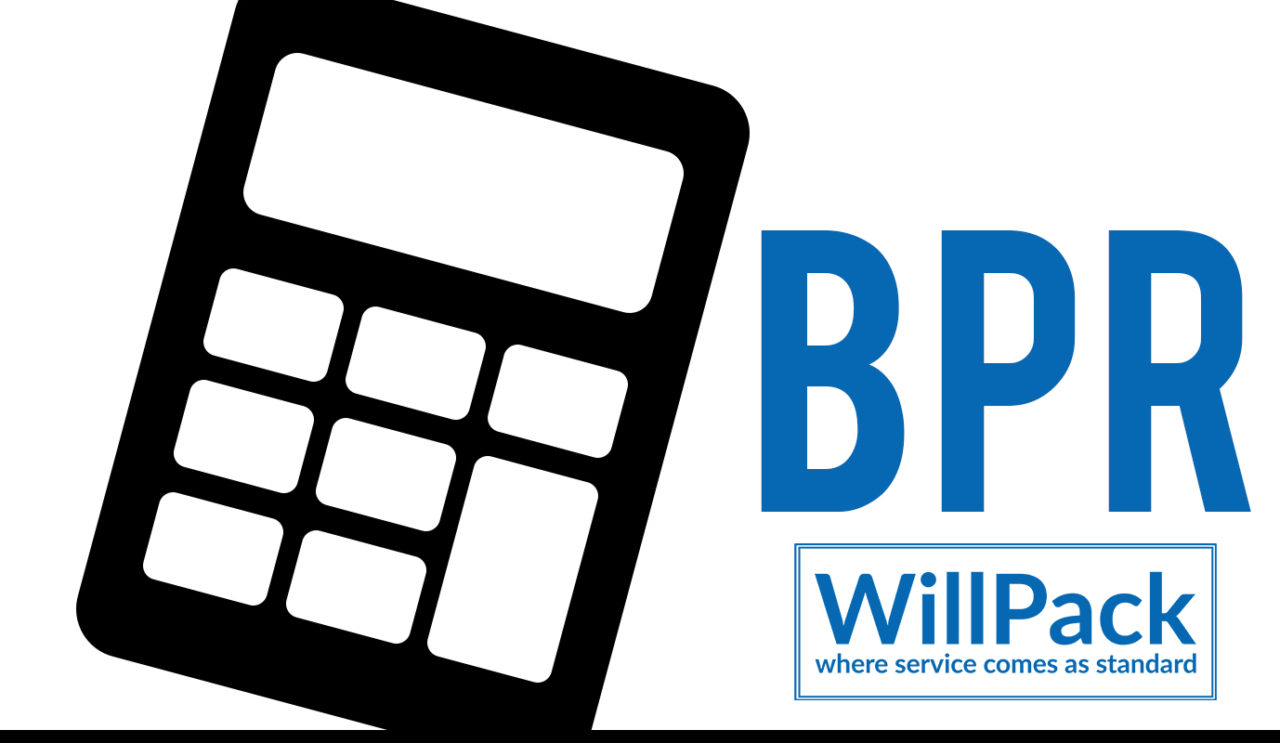What is Business Property Relief?
Business property relief (BPR) is a relief from inheritance tax (IHT) for certain business assets. When its conditions are met, the value of gifts of the business assets are reduced for IHT purposes by either 100% or 50%. The main aim of BPR is to reduce the risk of IHT charges causing the break up of a business during a succession.
In order to qualify for BPR, the following conditions must be met:
- The business concerned is a qualifying business
- The asset itself is a relevant business property
- The asset has been owned for at least the relevant minimum period.
- The business is not subject to a binding contract of sale.
This article will cover the qualifying business condition. A further article will cover the other conditions.
Please note that the following should only be intended as a brief introduction to BPR. BPR is a complex area with several pitfalls. When it comes to specific cases, WillPack is only able to give an overview on whether a business may or may not qualify for BPR. It is highly advisable that clients contact their accountants or other business professionals who will have a more in-depth knowledge of the business who will also be able to give ongoing advice to ensure that the business is run in a way that ensures that the business continues to qualify for BPR
Qualifying Business
To be a qualifying business, the business must be carried on with the intention of making a profit and must not consist wholly or mainly of dealing in securities, stocks or shares, dealing in land or buildings or making or holding investments.
A number of key points to consider from this:
Profit
A business does not have to be make a profit to qualify, it just needs to be shown that there is an intention to make a profit. Intention to make profit could cause issues for small hobbyist businesses, as there could be little evidence of this.
Wholly or Mainly Test
A business will not qualify for BPR if it consists ‘wholly or mainly’ of:
- dealing in securities, stocks or shares; or
- dealing in land or buildings; or
- making or holding investments.
If a business consists entirely of the non-qualifying activities the above, the business will not be seen as a Qualifying Business. For example, a Holding Company would not qualify as it deals entirely on holding shares in other companies (i.e. holding investments).
There is the possibility of some companies that deal in both qualifying activities and also non-qualifying activities. In such a case, in order to qualify for BPR it can only consist wholly or mainly of qualifying activities.
Wholly or mainly is often interpreted to mean that at least 50% of the net profits arise from qualifying activities but it can also include turnover, gross profit, employer and employee’s time and assets employed in the business.
Land
A property investment and letting business is not considered as a qualifying business for the purpose of BPR. It is viewed by HMRC that the holding of investment properties and the collection of rent from them are only investments and not a business.
Many businesses involve what is known as ‘exploitation of land’, which covers the use of land and buildings as a vital part of the business. If HMRC see the income to be as a result of the use of land, rather than the provision of services on the land, HMRC will argue that the business is merely an investment. This rule means that businesses dealing with both use of land and services on land such as caravan parks or holiday lets could fall on either side.


 © Trust Wills & Probate Limited t/a WillPack. All rights reserved.
© Trust Wills & Probate Limited t/a WillPack. All rights reserved.
2 comments
Stuart Porter
4 December 2018 at 8:32 am
Can you direct me to where I can find out whether a business incorporated and trading outside of UK/EU but owned by UK Domicile is eligible for BPR?
WillPack
4 December 2018 at 8:57 am
A business that is subject to UK inheritance tax is, potentially, eligible for BPR. The business’ accountant would be best placed to determine if it is eligible for BPR.
Comments are closed.